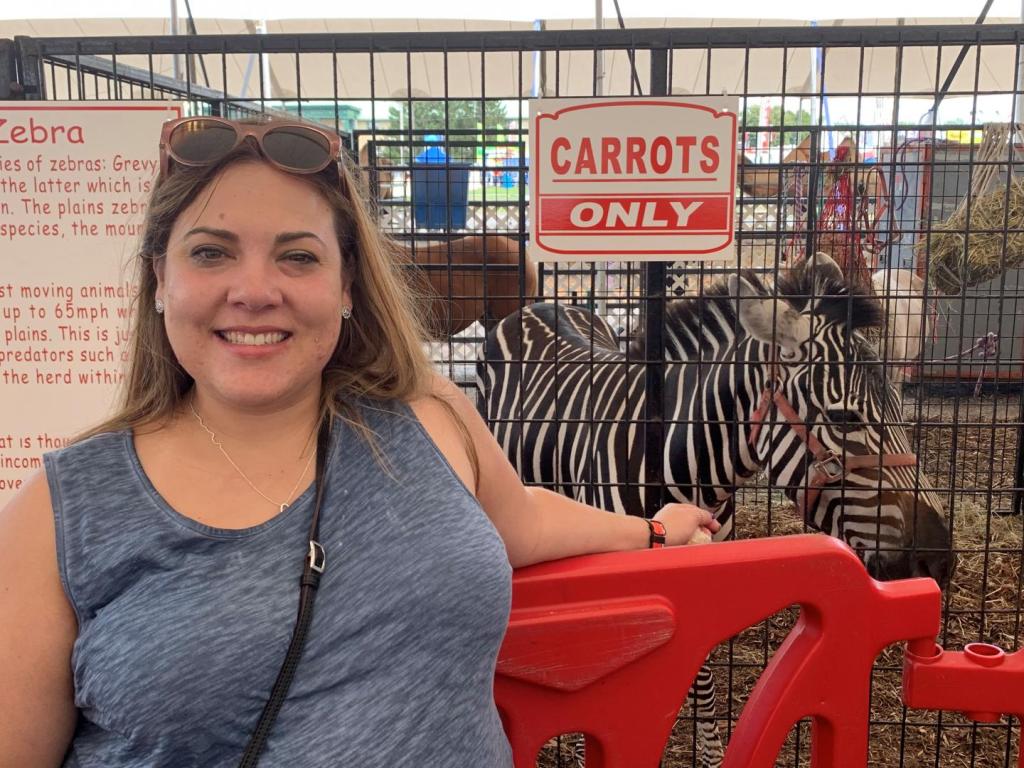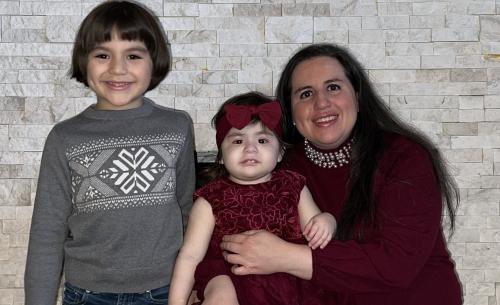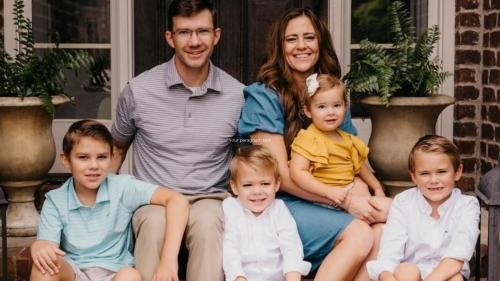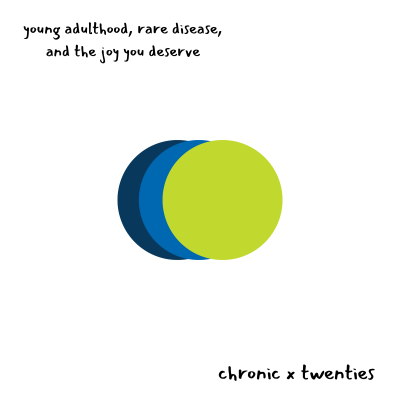
-
Understanding primary immunodeficiency (PI)

Understanding PI
The more you understand about primary immunodeficiency (PI), the better you can live with the disease or support others in your life with PI. Learn more about PI, including the various diagnoses and treatment options.
-
Living with PI
-
Addressing mental health
-
Explaining your diagnosis
- General care
- Get support
- For parents and guardians
-
Managing workplace issues
- Navigating insurance
-
Traveling safely

Living with PI
Living with primary immunodeficiency (PI) can be challenging, but you’re not alone—many people with PI lead full and active lives. With the right support and resources, you can, too.
-
Addressing mental health
-
Get involved

Get involved
Be a hero for those with PI. Change lives by promoting primary immunodeficiency (PI) awareness and taking action in your community through advocacy, donating, volunteering, or fundraising.
-
Advancing research and clinical care
-
Grants
-
IDF surveys
-
Participating in clinical trials
-
Diagnosing PI
-
Consulting immunologist
-
Clinician education

Advancing research and clinical care
Whether you’re a clinician, researcher, or an individual with primary immunodeficiency (PI), IDF has resources to help you advance the field. Get details on surveys, grants, and clinical trials.
-
Grants
This blog post is part of IDF’s Stories Project, designed to provide a venue for those living with PI to share their experiences. Some are first-person accounts, others are written by IDF staff. If you have a story you’d like to share, email us at stories@primaryimmune.org.
As a teenager, Laura Bekier struggled with digestive problems and joint pain. Laura’s doctor told her that lactose intolerance caused the discomfort. Not satisfied with the diagnosis, Laura sought a second opinion.

After consulting with a new healthcare team, including an immunologist and a gastrointestinal specialist, Laura learned the real reason for her poor health – common variable immune deficiency, or CVID.
“It was kind of a big shock. We didn’t put it all together, at first, and we needed to put it all together,” said Laura.
Fortunately for Laura, her new healthcare team knew of the Immune Deficiency Foundation and they provided her with contact information. Laura quickly embraced all that IDF had to offer, including information about her primary immunodeficiency and educational activities designed to inform and empower the PI community.
“I really love IDF,” said Laura. “And, I’m addicted to zebras, my whole room is zebras.”
Because of CVID, Laura is lacking functional antibodies, and her immunoglobulins IgG, IgA, and IgM are low. Laura said treatment for her CVID has involved infusions both at home and in a healthcare setting over the years. Now, she’s finally settled on a routine in which a nurse comes to her home and administers her IVIg infusions every 28 days. She said she usually has a headache for a day after her treatments.
“It does have some ups and downs,” said Laura.
Still, Laura doesn’t let her CVID prevent her from working full-time, enjoying hobbies, and giving back to the PI community.

For the past seven years, Laura has been employed at a physical therapy practice as an aid, where she performs duties as varied as prepping patients for treatment to answering phones at the front desk.
When she’s not working, Laura participates in Special Olympics sports including basketball, softball, and floor hockey. She’s even earned some gold medals.
“I love it!” said Laura.
Laura also spends her free time as a volunteer for IDF. She is a member of her local Walk for PI team, participates in the Get Connected groups, and shares her time at the IDF Conferences.
Most importantly, IDF serves as a supportive community for Laura. By participating in IDF programming throughout the years, she’s built long-lasting friendships in the PI community. Laura knows she’s not alone in her journey with CVID.
“It really helps you because it gives you people to talk to, and sometimes I learn I have to go to the hospital for certain things. It’s just fun to meet different people,” said Laura.
Related resources
Sign up for updates from IDF
Receive news and helpful resources to your cell phone or inbox. You can change or cancel your subscription at any time.





The Immune Deficiency Foundation improves the diagnosis, treatment, and quality of life for every person affected by primary immunodeficiency.
We foster a community that is connected, engaged, and empowered through advocacy, education, and research.
Combined Charity Campaign | CFC# 66309




